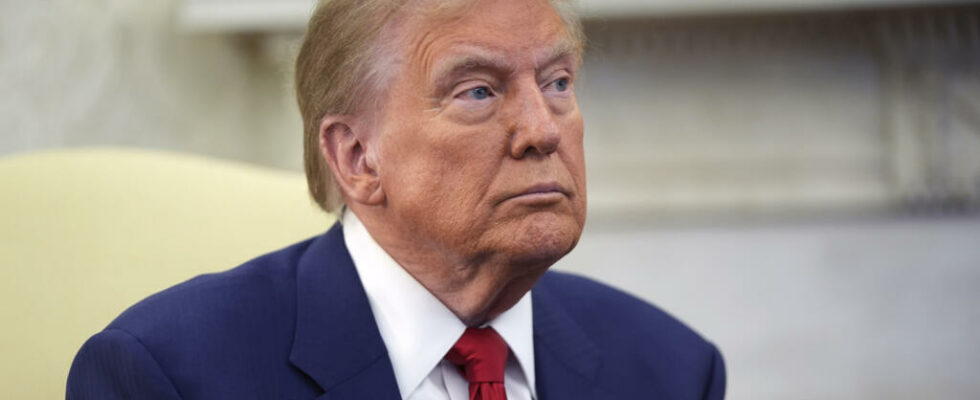American justice has stopped the prosecution of the president-elect for illegal attempts to reverse the results of the 2020 election and for withholding classified documents, under the principle of presidential immunity. This victory for the Trump camp also raises many questions about the solidity of American democracy. Interview with Jacob Maillet, specialist in politics and American law at Paris-Descartes University.
4 mins
RFI : Is it a surprise that the special prosecutor is abandoning investigations against President-elect Donald Trump? ?
Jacob Maillet: Absolutely not. It is in line of the tradition indeed of not prosecuting a sitting president at the federal level. And this for a very simple reason: the president has the power of pardon. This dodges the thorny question: can the president pardon himself? This also exempts us from asking the question of the independence of the Ministry of Justice in relation to the executive. The Ministry of Justice is part of the executive and at the same time it is supposed to be independent. This avoids awkward questions.
But in addition to tradition, there is also this July decision from the Supreme Court with a Republican majority which guarantees presidential immunity. Does this decision change anything ?
The scope of immunity has expanded. Until now, UNITED STATESthis doctrine of presidential immunity was not truly codified and defined before the Supreme Court’s decision. This is something new and it is clear that it will give the president a little more freedom of action. Afterwards, as always, we will have to see the details, in particular on the definition of what we consider to be ” an official act “. The Supreme Court’s decision protects presidents in the exercise of their duties. We can expect that in the years to come – perhaps not under Trump for the moment, but subsequently – the Supreme Court will have to redefine what is considered to be truly an official act. . Currently, it’s quite vague.
The vagueness concerns acts which would be in a gray zone. Do we know if this is an official and private act? ?
If Trump had not been re-elected and the charges had not been dropped, the 2020 election case for which he was being prosecuted should shed light on this and determine whether he had acted in the wrong way. exercise of his functions or not. Special prosecutor Jack Smith had reformulated the charges to prosecute him for what could not be considered acts within the scope of his duties. But since we haven’t had the outcome of the case, we won’t have the answer. This will remain an open question with unresolved gray areas. It’s a bit frustrating.
Is this new jurisdiction over presidential immunity, as some critics think, a threat to American democracy, to the separation of powers? ?
There are many divergent opinions. As a thought exercise, some wonder, for example, what would happen to assassinations to order. For the moment, we don’t know. In the end, political victory prevailed. Prosecutions are interrupted, or even completely buried, because it will not be easy to reopen the cases in four years. It’s not impossible, but it may be complicated. I would even add that it is the triumph of the strategy of Donald Trump’s team of lawyers who wanted to delay the judgment of the cases as much as possible until the election, hoping that Donald Trump would be re-elected precisely to benefit from this form of presidential immunity. It worked.
There remain two cases for which Donald Trump is being prosecuted at the state level, notably in Georgia for trying to manipulate the results. What about these affairs ?
I’m working on that famous phone call he made to the Georgia Secretary of State. It’s still a pretty incriminating phone call. The lawyers of Trump will try to assert presidential immunity. It is likely that the system is unable to handle this matter. Ultimatelythe political takes precedence over the legal. In the end, haven’t we just proven that democracy takes precedence over the rule of law? We could venture to this conclusion.
